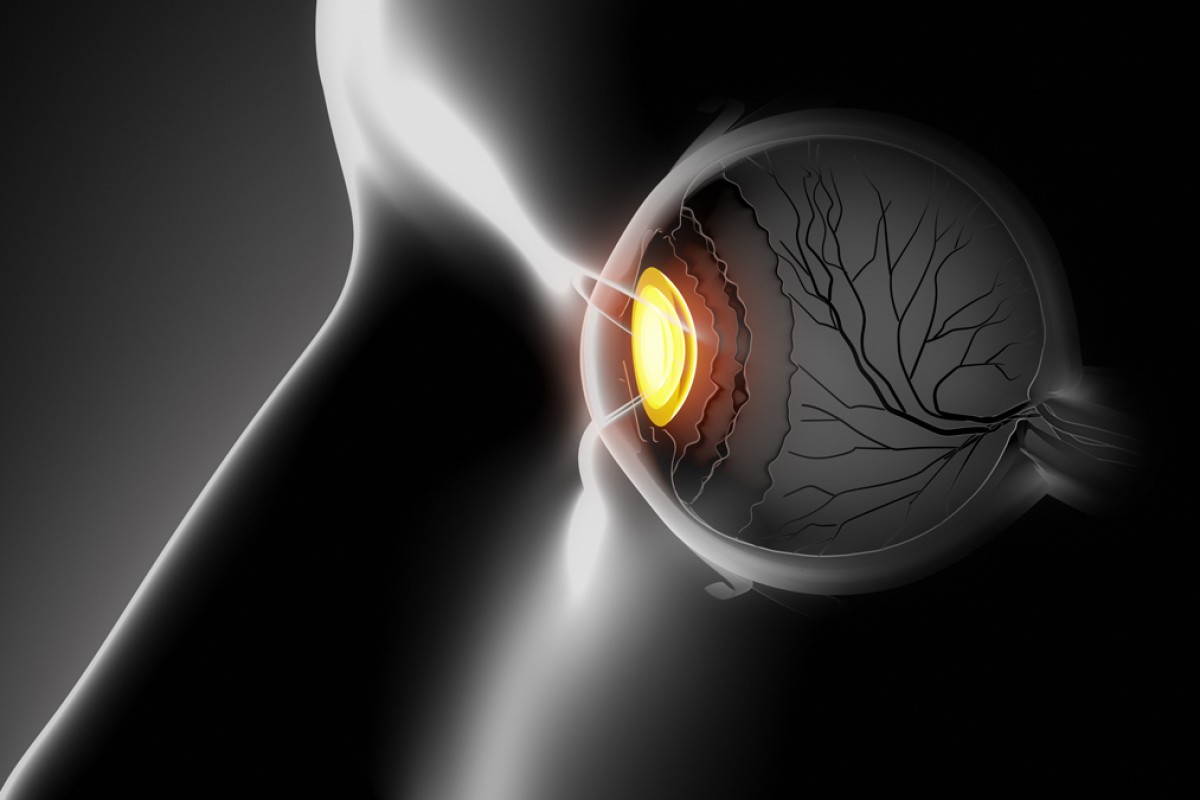Using a new imaging device, a team of researchers at Duke University was able to measure the texture and thickness of retinal layers, a potential new route for detecting a biomarker of Alzheimer’s disease. The new findings were published in Scientific Reports.
At this moment in time, the only way of diagnosing the neurodegenerative condition is through its subsequent symptoms of cognitive decline. Brain imaging scans are usually implemented when determining if an individual meets the criteria for the illness.
For researchers, however, there may be a way of detecting early signs of the disease before the condition reaches its full onset of cognitive deterioration. A possible biomarker that has been of recent focus is located in the retina.
In past studies, it was inferred that Alzheimer’s may trigger structural changes in the retina, thinning out the inner retinal layers, reducing the amount of neural tissue.
In the new study, conducted on a mouse model, the research group found a change in structural texture in the retina during neurodegeneration. Analyzing the data available, researchers uncovered that the new measurement of changes in thickness may actually serve as a biomarker of Alzheimer’s.
“Our new approach can measure the roughness or texture of the nerve fiber layer of the inner retina,” said Ge Song, a co-author of the study. “It can provide a quick and direct way to measure structural changes caused by Alzheimer’s, which has great potential as a biomarker of the disease.”
Researchers used low-cost OCT technologies and angle-resolved low-coherence interferometry (a/LCI) measurements to further study the tissue’s structure.
“Previous research has seen a thinning of the retina in Alzheimer’s patients, but by adding a light-scattering technique to the measurement, we’ve found that the retinal nerve fiber layer is also rougher and more disordered,” another co-author of the study explained.
“Our hope is that we can use this insight to create an easy and cheap screening device that wouldn’t only be available at your doctor’s office, but at places like your local pharmacy as well.”


